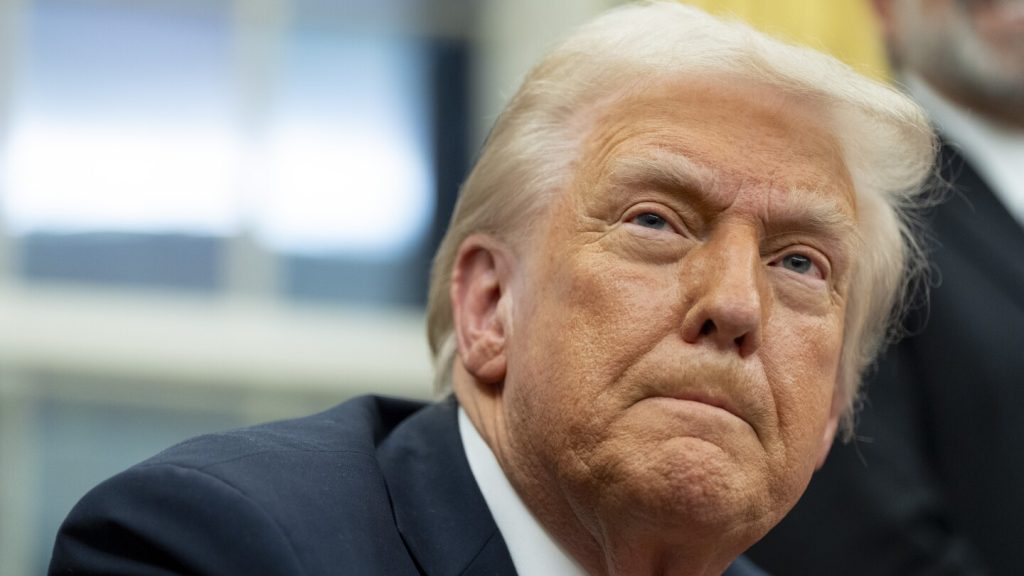RIYADH, Saudi Arabia (AP) — During his visit to the Middle East this week, U.S. President Donald Trump will travel to Saudi Arabia, Qatar, and the United Arab Emirates. However, his main regional concerns revolve around Israel and Iran.
Israel has intensified the conflict in the Gaza Strip after ceasing a ceasefire two months ago, leading to a blockade that exacerbates a humanitarian crisis. Meanwhile, Iran, an adversary of Israel and a competitor of Saudi Arabia, is on the verge of being capable of developing nuclear weapons.
Despite these issues, Trump will focus on the three oil-rich nations that host existing or planned Trump-branded real estate projects, leveraging American economic interests to pursue business deals.
“This is his happy place,” remarked Jon B. Alterman, a senior vice president at the Center for Strategic and International Studies in Washington. “His hosts will be accommodating and eager to make deals, flattering him and treating his family as business associates.”
Trump stated on Sunday that he is prepared to accept a luxury Boeing 747-8 from Qatar’s ruling family, which has drawn criticism from some Democrats and Trump’s allies.
While Trump aims for business discussions, he will need to address diplomatic issues surrounding Gaza and Iran, as the Gulf nations hosting him are also keen on alleviating these regional tensions.
Notably, Trump did not plan a visit to Israel on this trip, which may reinforce perceptions in Israel that its interests are not prioritized. Trump’s recent announcements concerning U.S. military actions in Yemen have raised concerns in Israel, particularly regarding the Houthis, an Iran-backed group that continues to pose a threat.



